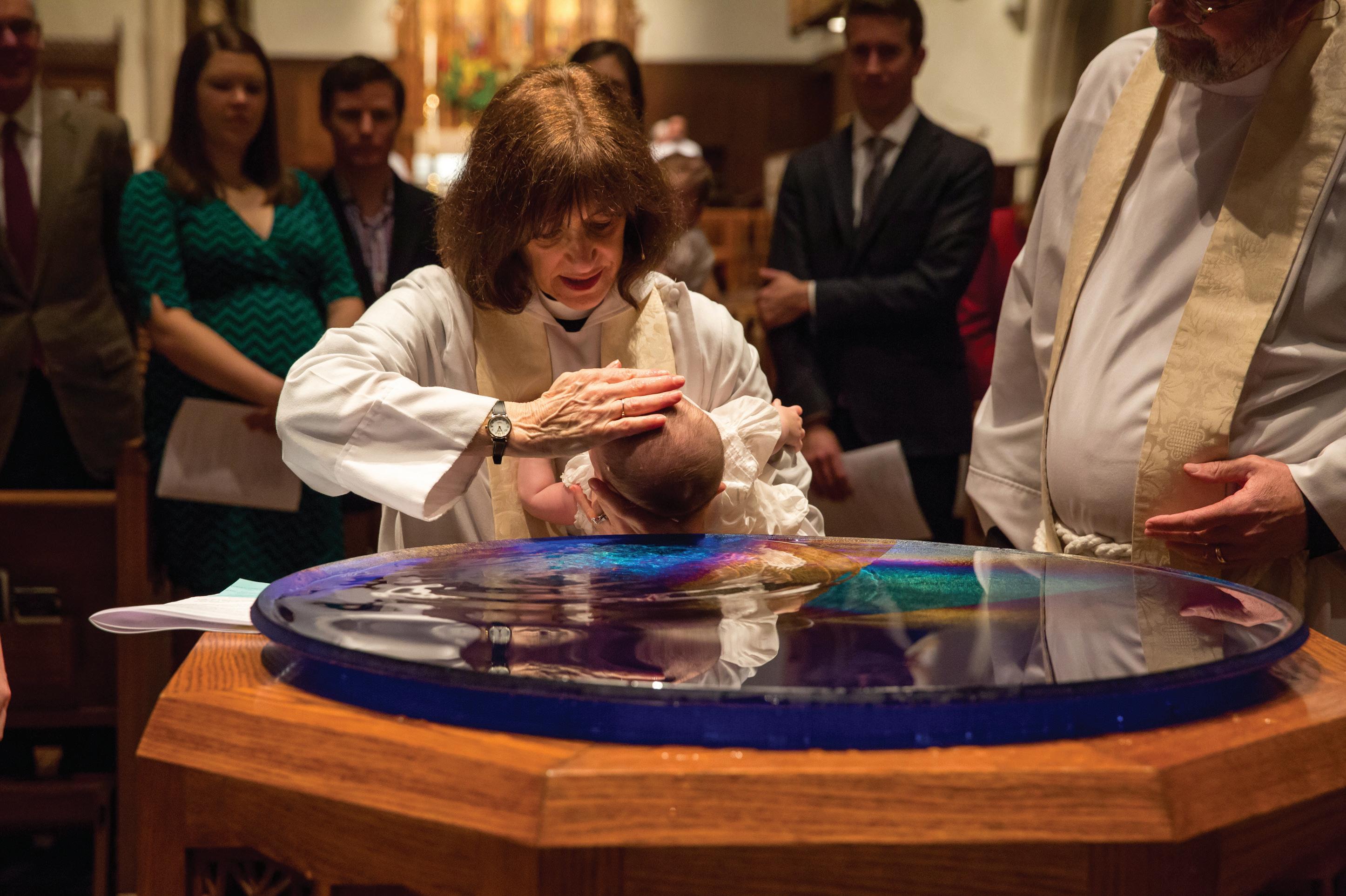
3 minute read
Call-out culture’s shadow side
In the midst of ‘cancel culture,’ can the church be a beacon of hope?
By the Rev. Cate Anthony
The culture of irredeemability in the United States, begotten of the desire for progress and justice in American society, pervades relationality at local and national levels and undermines the very progress that it claims to champion. This culture threatens to destroy our society’s ability to share one Earth and to create healthy, cooperative, just systems of relationship. The culture of irredeemability is the shadow side of the very methods used to seek systemic justice, and in particular, it is the shadow side of 21st-century America’s “call-out culture.” What, exactly, is “call-out culture”? Broadly, it’s a colloquialism for the practice of public accountability (usually on social media) that aims to hold individuals and groups responsible for their actions by calling attention to behavior that is perceived to be problematic, like sexism, racism or homophobia. Additionally, the practice of “callingout” has grown in popularity concurrent with the contemporary era in which marginalized and minority groups acquire ever-increasing access to platforms which amplify their voices over and against those who traditionally hold power. In this context, calling out “is an act of withdrawing from someone whose expression—whether political, artistic or otherwise—was once welcome or at least tolerated, but no longer is.” At its best, this practice has the potential to reclaim and redistribute power in systems previously unbalanced. In this way, call-out culture is a kind of “cultural boycott” which refuses to amplify voices of racism, sexism, homophobia, classism, ableism and more.[Jonah Engel Bromwich, “The Age of Celebrity is Being Canceled,” The New York Times, July 1, 2018] This practice is central to the revelation of a more just, safe, equitable world – in theory, it assumes first and foremost the redeemability of what was previously distorted. Where, then, has it gone wrong?
THE ROLE OF SOCIAL MEDIA
The precise marriage of call-out culture to modern forms of social media marked a particular turning point in the evolution of the culture of irredeemability. Social media, to be celebrated for the ways it transcends boundaries of all forms to enable connection previously impossible, also risks a kind of dehumanization of those with whom we interact on such platforms. Rather than calling out in order to improve relationship and society, call-out culture transforms into cancel culture. Intention transforms, too: rather than boycott voices of oppression, cancel culture seeks to cut out real people whose ideologies or identities are not popular in public regard. We cancel human beings as though they are magazine subscriptions. As our technological lives become ever more intertwined with our actual lives, this “cancel culture” has morphed into an acceptable default way of relating to one another. Rather than assume the redeemability of broken systems, we now assume that what is broken, or conservative, or flawed, or harmful is best dealt with by excising from community and relationship altogether. This is the crisis of irredeemability.
JESUS AND IRREDEEMABILITY
As a follower of Christ – and, more basically, as a living, breathing, hopeful human being – I am terrified by this crisis. Moreover, I stand in wonder at the discovery of the attitude of irredeemability inside of me. How often have I thought to cut off relationship from someone with whom I do not agree? How insidiously the desire to “other” voices of disagreement has crept its way into my heart! Cancel culture, the crisis of irredeemability: these are not the Good News of Jesus Christ. As Christians we know that Jesus gave himself on the cross in order to ameliorate our sins and to rescue us from the evil of this present age. Moreover, we know that Jesus’ death and resurrection mark the salvation and redemption of all humankind from the fallen nature of creaturely sinfulness. Jesus “is the mediator of a new covenant, so that those who are called may receive the promised eternal inheritance, because a death has occurred that redeems them from the transgressions under the first covenant.” [Hebrews 9:15] If I am truly a Christian, the question of Jesus’ redemption-for-all is not a question at all. It is the unshakeable foundation for how I view the whole world, the society in which I live and my neighbors. It is the heart with which I must greet those who hurt me, those who stand opposed to me, those toward whom it would be exponentially easier to harden my heart. How, then, have I come to discover within myself a heart hardened against those who hurt me or who cannot get onboard with my










